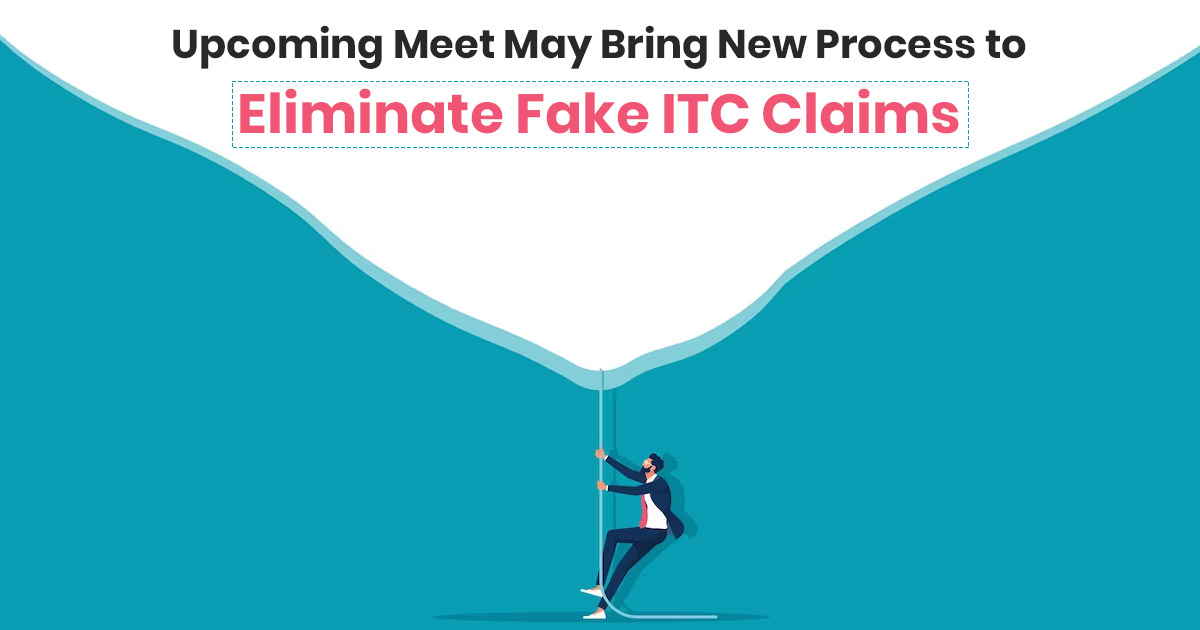
GST council in its forthcoming meeting dated 11th July would seem to address and authorize the revisions in the mechanism to fetch the bogus ITC claims. The revisions would have the listing of the risk profiling parameters of the entities comply with the physical verification.
The GST Council will need to approve any modifications to the process. The Council will explore modifications to verifications and process streams at its subsequent meeting to address fictitious ITC claims. The risk profile of entities based on metrics, followed by physical verification of dangerous ones, would be among the process modifications.
Through the procedure revisions utilizing the part technology and part enforcement, the impact shall get viewed over FY24 since a lot of gaps would get filled.
A 12% GST revenue growth for the centre has been targeted by the 2023-24 Union Budget at Rs 9.56 lakh crore from the former financial mop-up of Rs 8.54 lakh crore.
False invoicing refers to the issuance of invoices in the absence of a genuine supply of goods or services. The input tax credit (ITC) is subsequently claimed using these invoices. To collect ITC, some entities even create false GST registrations, which costs the government money.
The parameters to be applied online based on how physical verification will be carried out will be decided by the Council during its meeting. The criteria will be location- and industry-specific; for instance, some companies cannot operate in particular regions.
Based on these criteria, the government is considering how to efficiently use data analytics for the cleanup of the registered firms to highlight the dangerous entities. Risky entities must go through required physical verification to confirm that physical infrastructure is there.
Read Also: 50th Meet of GST Council to Discuss GSTAT & Taxation Issues
This year, the state and the federal government’s total average monthly GST collection target might be between Rs 1.6 and 1.7 lakh crore, which would require some adjustments.
60,000 organizations have already been chosen by the Central Board of Indirect Tax and Customs for physical verification. In a special campaign to find fake organizations, it has discovered false input tax credit claims of Rs 15,000 crore, according to its chairman Vivek Johri.
According to Johri, physical verification has been completed for 43,000 organizations that have submitted claims for ITC worth Rs 15,000 crore, of which 10,000 were discovered to be fictitious and nonexistent.
Agricultural products and metal scrap have been utilized in fake GST invoice cases for industrial purposes.









